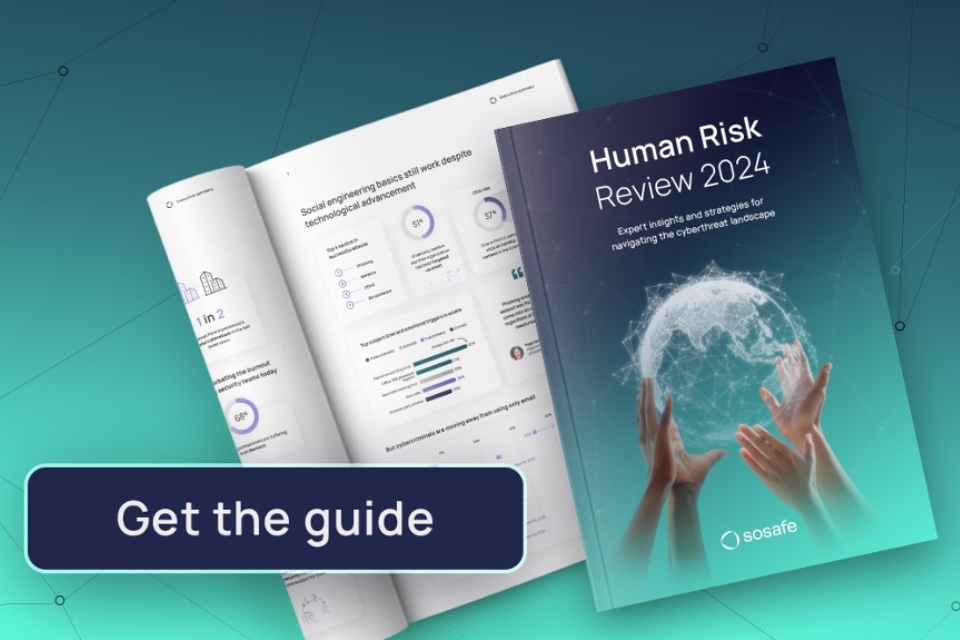New research from SoSafe reveals that 85% of UK security professionals consider today’s cyber threat landscape to be the most challenging in five years, with only 44% expecting improvement in the next 12 months. SoSafe’s 2024 Human Risk Review highlights this increasing danger, based on insights from over 1,250 security leaders and 3.2 million data points from its human risk management platform.
In the past year, 52% of European security professionals and 55% in the UK experienced a successful cyberattack, with 60% stating these attacks could have significant negative impacts. The report underscores human vulnerability as a leading cause of these attacks, predicting that human error will account for up to 90% of incidents in 2024. As a result, experts advocate for a more holistic, behavioural approach to cybersecurity that involves employees as a key line of defence.
SoSafe’s CEO, Dr. Niklas Hellemann, noted the heightened risks posed by geopolitical instability and the increasing sophistication of AI-driven cyberattacks, which now include deepfake technology and voice cloning. The widespread availability of these tools allows even non-professionals to launch attacks. In the UK, 84% of security leaders expressed concern about generative AI being used for cybercrime, with 93% of large organisations particularly worried.
The report identifies three key accelerators of rising cyber risks: new technologies, global instability, and increased digital interconnectivity. AI, in particular, enables more efficient phishing campaigns, while geopolitical tensions create opportunities for social engineering. Additionally, growing digital interdependence has led to a rise in supply chain attacks.
Despite technological advancements, traditional phishing techniques remain effective. SoSafe’s research shows that 37% of individuals initially click on harmful materials during cyber training, often driven by emotions like anxiety. Phishing, malware, and ransomware are among the most common attacks, with phishing often acting as the initial point of entry.
Andrew Rose, SoSafe’s Chief Security Officer, stressed the importance of combining technical measures with building a strong security culture, with 94% of UK professionals prioritising this. Nearly three-quarters of organisations have increased their cybersecurity budgets in recent years to address these evolving threats.
For more detailed insights into the rising cyber risks and how organisations can address them, download the full 2024 Human Risk Review from SoSafe here.





